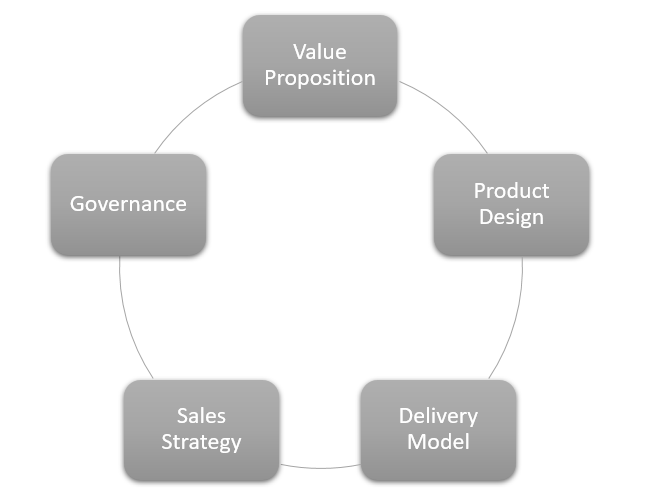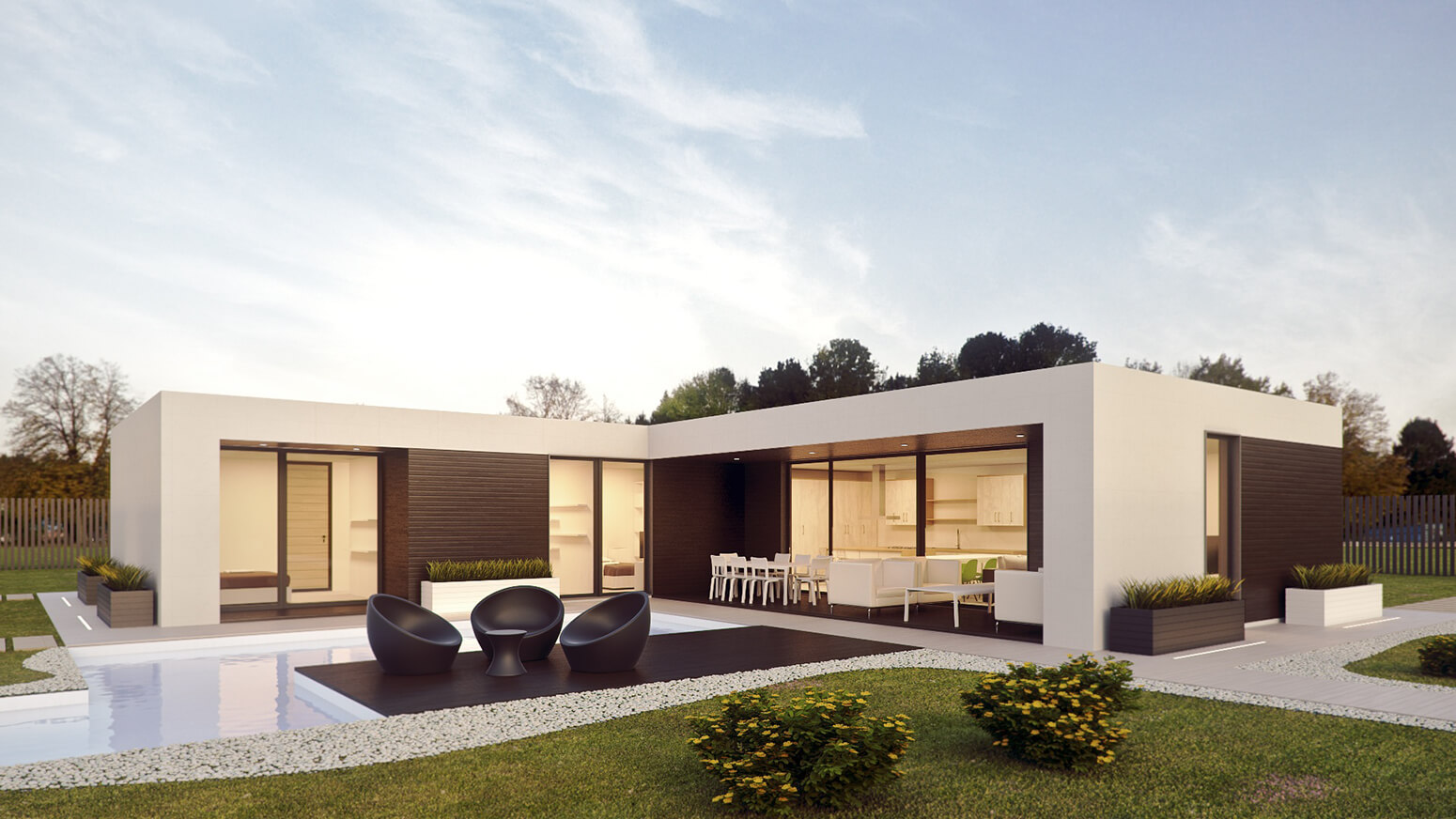Say HELLO to GROWTH
In a highly uncertain socio-economic environment, businesses need an extensive scenario planning exercise to find the next wave of growth.
The 5 key pillars of a business model: Value Proposition, Product Design, Delivery Models, Sales Strategy and Governance all require a Zero Based Design approach in these times.
Zeolyt’s Zero Based Growth Framework
Small and medium businesses are facing the maximum brunt of disruption. Our framework is specially designed to address the challenges of this segment. Under this framework, we challenge and analyze every assumption and scenario to design the most appropriate and resilient combination of value proposition, product design, delivery model, sales strategy and governance.

VAlue Proposition
The customer demands have undergone a sea-change and this may last for some time to come. Businesses (e.g. Restaurants) designed on experience may have to pivot on safety and convenience instead. Cost and efficiency may not be very relevant for some of the products in the immediate future. Businesses have to rethink their value proposition to make it not only relevant but also build a flexible coupling with the brand. The framework analyzes the core levers: Experience, Cost, Quality, Efficiency, Convenience, Safety and Aspirational, and help identify the most appropriate combination along with an effective re-branding strategy.


PRODUCT DESIGN
Creative tweaks in the product design can transform the current challenge into a great opportunity. Changing a fully-cooked dish to a chef-assembled mix of ingredients with recipe for the same can open up a whole different market. Similarly, achieving optimality in ventilator design and repurposing breweries for making sanitizers helped addressed the pressing needs. Such innovations need not be limited to crisis time. For every such innovation we saw of late, there will be 100 more that did not come to the surface. The framework focuses on getting the aspects of modularity, extensibility, optimality and repurposability in the core design approach to proactively unearth such opportunities.
Delivery Model
Omni-channel has been the buzzword for some time now. In recent crisis, we saw an unprecedented expansion of this when employees started working from home, education delivery became online and home delivery of all products became the new normal. While the crisis time has been forgiving to the inefficiencies in the system, it will not remain the same forever. The framework helps businesses adapt their delivery models, build capabilities and enhance efficiencies on sustainable basis to avoid diminishing returns and instead gain long-term competitive edge.


Sales Strategy
Chasing only the topline growth comes with its inherent risks, especially when both the demand and the liquidity dry up. Organizations need to bring in the quality of growth at the same level as the volume of the growth. The sales team’s KPIs will require a complete overhaul and the diversity, sustainability, profitability should gain similar weightages. The framework takes a holistic view of the KPIs across the organization and design the incentives in a manner that not only creates synergies but also constructive friction across functions.
Governance
The above four dimensions need to continuously keep pace with the evolving environment. The framework defines a set of processes, metrics, cadence and feedback mechanism to constantly evaluate the strategy.

